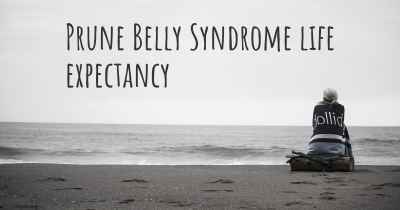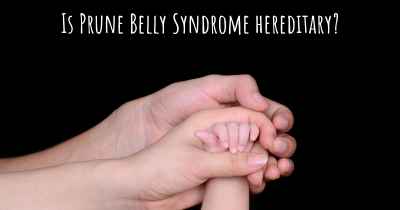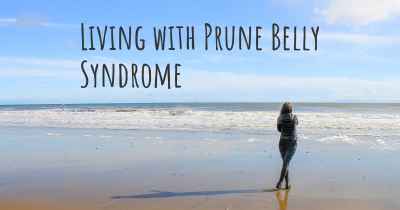Prune Belly Syndrome diet. Is there a diet which improves the quality of life of people with Prune Belly Syndrome?
Are you aware of a diet that can improve the quality of life of people with Prune Belly Syndrome? Is there a diet that is suggested to avoid when having Prune Belly Syndrome? See if there is a diet that can improve the quality of life of people with Prune Belly Syndrome, recommended and to avoid food when having Prune Belly Syndrome

Prune Belly Syndrome (PBS), also known as Eagle-Barrett syndrome, is a rare congenital disorder that primarily affects males. It is characterized by a triad of symptoms including absence or severe underdevelopment of the abdominal muscles, urinary tract abnormalities, and undescended testicles. The condition can vary in severity, and individuals with PBS may experience a range of health issues.
While there is no specific diet that can cure or reverse Prune Belly Syndrome, a well-balanced and nutritious diet can play a crucial role in improving the quality of life for individuals with this condition. Here are some dietary considerations that may be beneficial:
1. Adequate Caloric Intake:
Individuals with PBS often have difficulty gaining weight due to the impact on their abdominal muscles. It is important to ensure they consume enough calories to meet their energy needs. Consulting with a registered dietitian can help determine the appropriate caloric intake based on age, height, weight, and activity level.
2. High Protein Foods:
Protein is essential for growth, repair, and maintenance of body tissues. Including lean meats, poultry, fish, eggs, dairy products, legumes, and tofu can help meet the protein requirements. However, if there are any kidney-related complications, protein intake may need to be adjusted under medical supervision.
3. Fiber-rich Foods:
Constipation is a common issue in individuals with PBS. Consuming an adequate amount of fiber-rich foods such as whole grains, fruits, vegetables, and legumes can help promote regular bowel movements and prevent constipation. It is important to ensure sufficient fluid intake alongside fiber consumption.
4. Hydration:
Staying well-hydrated is crucial for individuals with PBS, especially if they have urinary tract abnormalities. Encouraging an adequate intake of fluids, primarily water, can help maintain proper hydration and support urinary system function.
5. Vitamin and Mineral Supplementation:
Due to potential malabsorption issues or limited food intake, individuals with PBS may require supplementation of certain vitamins and minerals. This should be determined by a healthcare professional based on individual needs and regular monitoring.
6. Regular Meals and Snacks:
Since individuals with PBS may have reduced abdominal muscle strength, consuming smaller, frequent meals and snacks throughout the day can be beneficial. This can help prevent excessive fullness and discomfort.
It is important to note that the dietary recommendations for Prune Belly Syndrome may vary depending on the individual's overall health, specific symptoms, and any associated complications. Therefore, it is crucial to consult with a healthcare professional or a registered dietitian who can provide personalized guidance and create a tailored diet plan.
Disclaimer: The information provided here is for informational purposes only and should not be considered as medical advice. Always consult with a healthcare professional before making any dietary changes or implementing a new diet plan.
With my condition, I am forbidden to take dried fruits, eat fewer starches, this to avoid constipation given the weakness of the organs of the digestive system
Posted May 29, 2017 by Mouhamed Mounirou ANNE 2000








